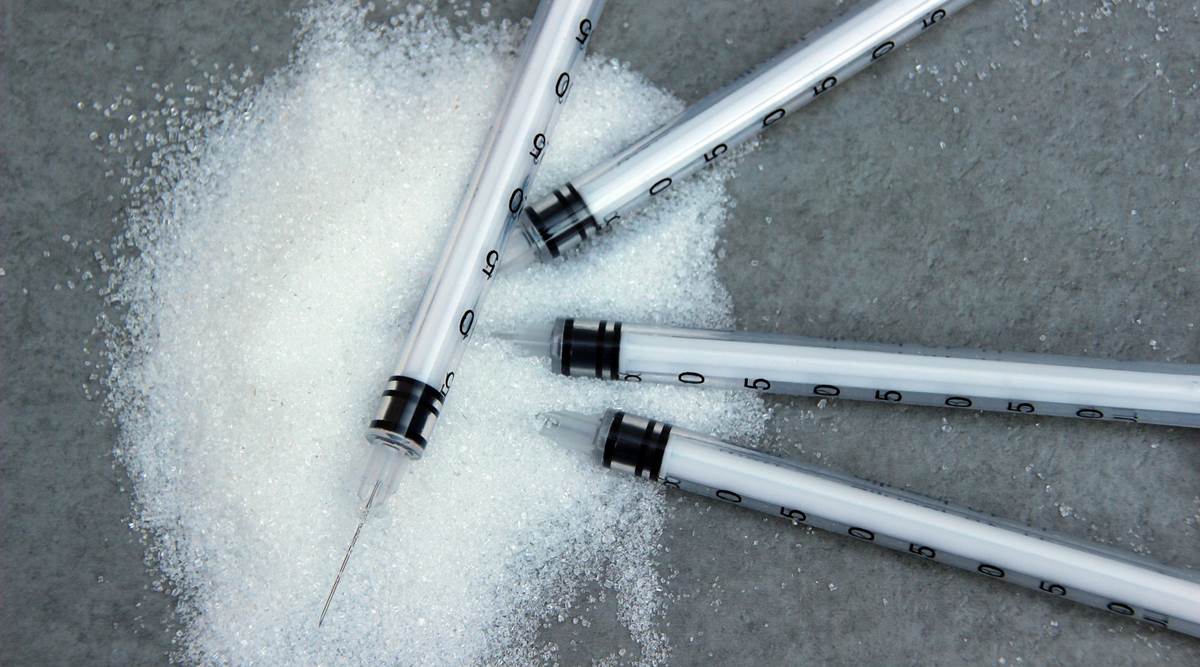The most common myth about diabetes is that it is caused in people who tend to include a lot of sweets in their diet

Even though diabetes is a common health problem in India, there are many myths and misconceptions associated with the condition. Diabetes is a long-term (chronic) disease in which the body cannot regulate the amount of glucose (sugar) in the blood. The misrepresentations of diabetes can sometimes be harmful and lead to an unfair stigma, too.
Dr Kalyan Kumar Gongopadhyay, endocrinologist consultant, CMRI, talks about the myths and misconceptions starting from food habits to precautions. He explains there is no special diet required for any diabetes patient; rather one should focus on a healthy diet. He highlights sugar free tablets and its consumption, and how sucralose can help people with diabetes.
“The most common myth about diabetes is that it is caused in people who tend to include a lot of sweets in their diet. It’s not surprising that people get confused about whether sugar causes diabetes. This confusion may come from the fact that when you eat food, it is converted into a sugar called glucose. Glucose, also called blood sugar, is a source of energy for the body. Insulin moves glucose from the blood into the cells so it can be used for energy. With diabetes, the body does not make enough insulin, or the body does not use insulin well. As a result, the extra sugar stays in the blood, so the blood glucose (blood sugar) level increases,” Dr Gongopadhyay explains.
ALSO READ | World Diabetes Day 2020: What diabetics need to know about keeping their heart healthy
For people who do not have diabetes, the main problem with eating a lot of sugar and drinking sugar-sweetened beverages is that it can make you overweight. And being overweight increases your risk for diabetes.
Additionally, many people think that insulin is a lifelong process; on this Dr Gongopadhyay says: “There is no such requirement; only people who have critical health conditions or are going through any chronic disease, are given insulin.”
The doctor even answers some FAQs surrounding diabetes; read on.
Are patients with diabetes at more risk of contracting COVID-19?
Till now, we do not have any evidence that a diabetic is more prone to developing COVID-19. If, however, a patient with diabetes contracts COVID-19, the complication will be higher than for a patient who does not have diabetes.
ALSO READ | Are you a diabetic who loves sweets? Here’s how you can safely savour them
What precautions does a patient with diabetes have to take to prevent COVID-19 infection?
Wearing masks properly, social distancing, proper hand washing, avoiding crowds — in short, the usual precautions, perhaps with even more attention to detail. There are no other special precautions. There is no clear evidence that extra vitamins, minerals or Hydroxychloroquine is needed to prevent COVID-19. Healthy diet including vegetables and fruits, and daily exercise naturally improve the body’s defenses against all infections.
Because of social distancing issues morning walks are difficult to manage – what is the alternative?
For patients with diabetes, walking does not have to be in the morning, but can be done any time of the day. One may split the time of walking into two or three times a day. Walking does not necessarily have to be outside, but can be done on the terrace, veranda or inside the flat. Exercise bikes or treadmills can be used. A fixed routine helps in preventing swings of blood sugar.
ALSO READ | What is soft tissue sarcoma and why should you know about it?
Does blood sugar control reduce complications from COVID-19 infection?
Yes. It is important that patients with diabetes pay even more attention to control their blood sugar levels in this pandemic situation.
Does COVID-19 affect blood sugar levels?
We do not know for sure if COVID-19 independently affects the blood sugar levels, but any infection can upset diabetes control. Moreover, hospitalised COVID-19 patients are given steroid medications to help fight Covid, which raises the blood sugar to high levels. Hence, most hospitalised patients with the infection are given multiple doses of insulin and may also be discharged on insulin.
For more lifestyle news, follow us: Twitter: lifestyle_ie | Facebook: IE Lifestyle | Instagram: ie_lifestyle
Source: Read Full Article
